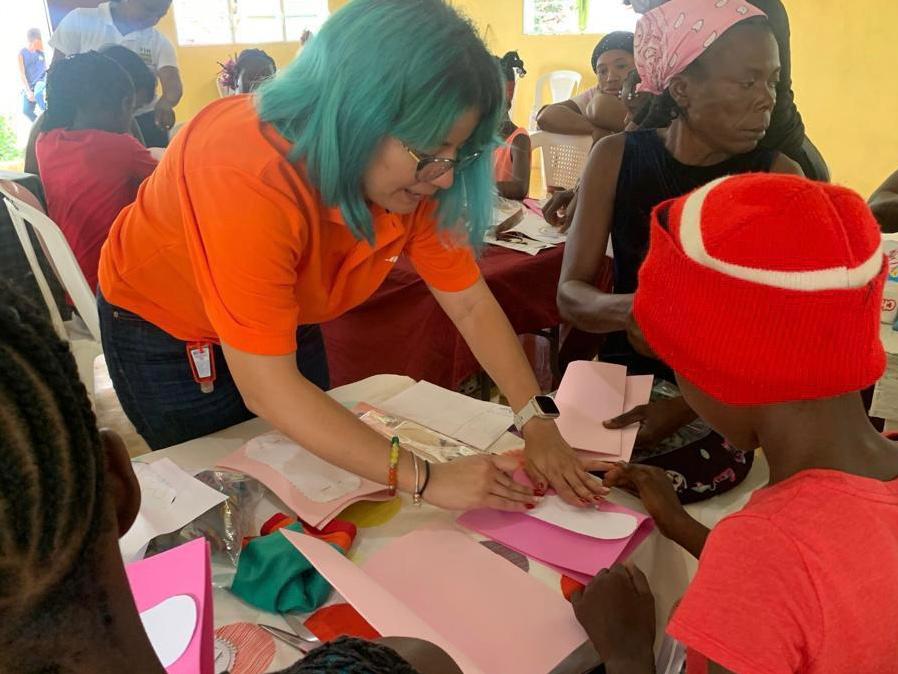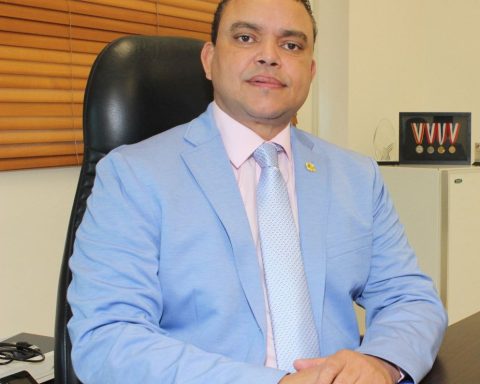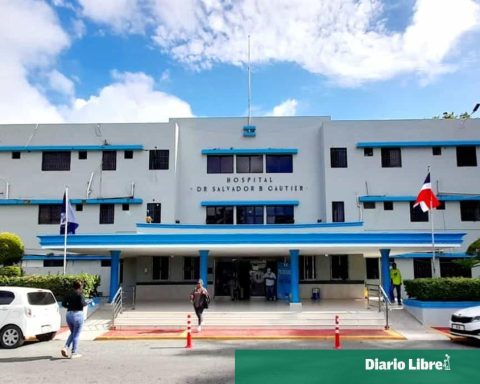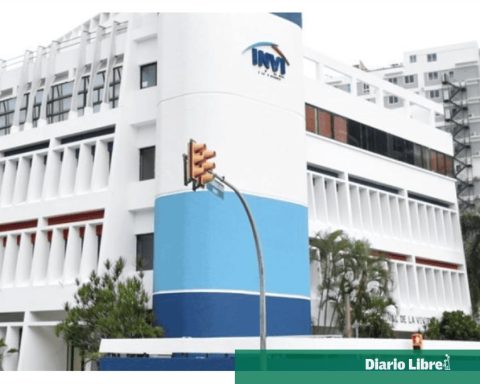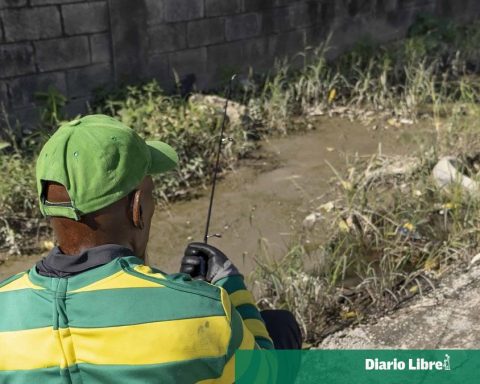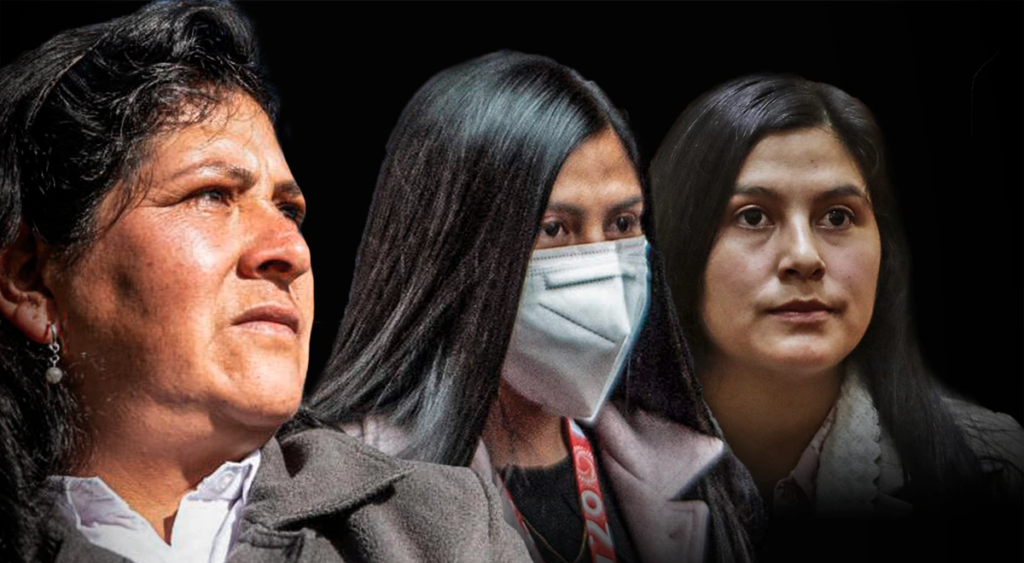Santo Domingo – The North American non-governmental humanitarian aid organization Batey Relief Alliance (BRA) will expand the menstrual health and micro-loan programs it runs through the BRA Women’s Empowerment Initiative, which has benefited more than 700 women in the country. Hoyo de Pum batey, in the communities of Guazumita and Tripple Ozama, in the province of Monte Plata.
The information was offered by the president-founder of BRA, Ulrick Gaillard, who explained that “every time we grant a loan to a woman, we help to produce a new entrepreneur who will work for the financial stability of her home and contribute to the growth of the local economy of these rural areas.
She specified that by the end of June 2023, 120 additional women will receive these low-interest micro-loans for crop production and animal sales, training as health promoters and community leaders, and among other types of support to improve their lives. and move out of extreme poverty.
“Our goal is to organize, mobilize and educate women to build a sense of community, by doing so they will gain power and influence over issues related to collective well-being,” Gaillard said.
He stated that 96 adolescents and girls will also be trained in health techniques, menstrual hygiene and the preparation of reusable sanitary napkins, so that they learn to use them, wash them, store them safely and reuse them during their menstrual cycles.
“This cost-effective, family-oriented and environmentally friendly menstrual health management practice implemented under the project—Supporting Girls in Education,” Gaillard said.
She pointed out that this component of the program is focused on helping to raise self-esteem and break down the barriers that prevent women from working and reduce absenteeism or dropouts in girls so that they can stay in school, learn, compete and succeed academically. .
The BRA president said that this program arose in response to the results of a study carried out in 2021 by his organization, in collaboration with the University of Minnesota School of Public Health, which revealed that about 20% of young women of high schools in the bateyes and sugar communities of Monte Plata miss between 2 and 3 days of school per month when they have their period due to lack of access to sanitary napkins.
While another 4.6% of female students missed four or more days of school each month because of how difficult it is to find this personal hygiene product, according to the study that, since its publication last year, sparked debates on the subject and inspired Congressman Omar L. Fernández to present a legislative project that would eliminate taxes on sanitary napkins, a step that BRA considered positive.
On her side, the president of the board of directors of BRA Dominicana, Togarma Rodríguez, pointed out that “this situation is so entrenched that not only the girls understand that it is best to stay at home during those days, but also their male companions. alternatively, when boys were asked whether or not girls should stay home during their period, more than 65.2% answered yes.”
She added that this forced absence of girls from schools due to the lack of sanitary napkins clearly harms their school performance, which places them at a disadvantage compared to their male counterparts.
Another aspect of the problem that Rodríguez focused on is that with just one household income to support an average family of four, the scarce amount of money in these impoverished and vulnerable communities is often not enough to sustain basic food needs. and housing, so buying disposable sanitary towels becomes a luxury that few minors can afford.
“This economic component added to the project will expand our initial effort by making the home safer, more productive and financially sound so that girls maintain the mental, physical, emotional and psychological capacity necessary to remain in school,” he said. the president of BRA Dominicana.
She added that the project seeks to contribute to overcoming the barriers that prevent achieving the rights of health equity and gender equality at school and promote the empowerment of the mothers of these minors, by improving their economic capacity, through the generation of assets that increase income and at the same time, stability in the home.
As complementary support, BRA will provide women and their families in these communities with access to pediatric and maternal and child health care, multivitamins, deworming medications, nutrition and clean water.
Background
In 2018, the Batey Relief Alliance (BRA) launched the “BRA Women’s Empowerment Initiative” with the aim of providing micro-loans and skills training to 5,000 women to engage in agricultural production and other micro-projects to help raise their self-esteem, achieve economic independence, escape violence and contribute to the economic stability of their household.
In 2019, the Clinton Foundation executed it as one of the “Commitments to Action” of the Clinton Global Initiative, expanding its programmatic portfolio towards the development of women and the community.
Founded in the United States in 1997, Batey Relief Alliance (BRA) is a non-governmental, humanitarian and non-profit entity accredited by the United Nations and, through its Special Consultative Status with the Economic and Social Council of that Organization, helps advance the 2030 Agenda through the implementation of the Sustainable Development Goals (SDG), which are the quality of education, health and well-being, gender equality and access to clean water and sanitation.
Since 1997, BRA’s programs have impacted the lives of more than 4.5 million people affected by poverty, disease and hunger in the Caribbean region and the Americas, primarily the United States, Peru, Haiti and the Dominican Republic.
